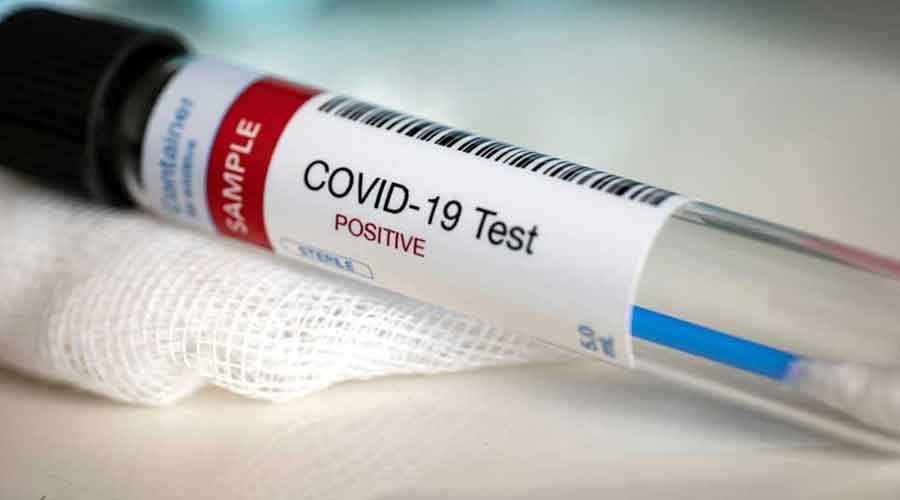After Covaxin, Covishield and Sputnik V, a fourth vaccine, DNA-based vaccine ZyCov-D is likely to be in use from next month in Bengal.
The Union health ministry assured the state on Wednesday that it would send 16.5 lakh doses of the new vaccine once training of the vaccinators is complete.
ZyCov-D, from Zydus Cadila, is the first DNA plasmid vaccine against Covid-19 to be administered intradermally.
A needle-free PharmaJet applicator is used to administer ZyCov-D.
This vaccine can also be administered to those aged between 12 and 18 years.
The vaccine was approved by the Union health ministry in October, after it received emergency-use authorisation from the Drugs Controller General of India in August, sources said.
In a meeting on Wednesday evening, the state health department said they would not start vaccinating minors right away.
They further said that the new vaccines would be launched in Murshidabad, Malda and North Dinajpur, three districts of Bengal with relatively fewer first-dose recipients.
“The vaccine is very new and the way to administer it is also different. We have decided to launch it in three districts first, to see the response. Later, we will introduce it elsewhere. The vaccine can also be administered on children, but we are first going to observe its impact on adults,” said a senior health department official based in Calcutta.
Unlike the other three vaccines, which were administered in two doses, ZyCov-D has to be administered in three doses.
The gap has to be 28 days between each dose.
Officials said that the Centre has asked the state to introduce the vaccine in urban areas first.
“In the first phase, we are to receive 16.5 lakh doses of ZyCov-D, and the supply can be used among 5.2 lakh people. We chose the three districts, where the rate of vaccination for first doses is relatively poor, as we can find more people there. As the vaccination process is needle-free, people might welcome it,” said another health official.
“We expect the training for these three districts to be complete within December first week, and we would start the vaccination as soon as possible, thereafter,” he added.
However, a section of health officials said that in many places, there have been difficulties in administering the second dose of the existing vaccines, and a drive to reach the doorsteps to vaccinate people has been directed to complete the process.
“In the case of ZyCov-D, which would need three doses, this could bring an additional layer of challenge for us,” said a health official.
He said there were around 12 lakh people across the state, whose second dose is pending at the moment.
The Bengal government, as of Wednesday evening, has vaccinated over 6.22 crore people with the first dose.
Nearly 2.73 crore people in the state are fully vaccinated so far.
In terms of the number of people vaccinated, Bengal stands third among the states in the country, after Uttar Pradesh and Maharashtra.
Several health officials said another challenge that can come with this new vaccine is the different process of administering it.
“There would be a PharmaJet machine to administer the vaccine, and the ground-level workers need to be trained well to handle the new procedure. The three districts would be asked to open separate centers to administer this DNA-based vaccine,” said an official.
An official said that the central government had sent them the fresh guidelines for this new vaccine.
However, at this moment, it is difficult to determine whether and how ZyCov-D is different from the vaccines already in use here,” the official added.










